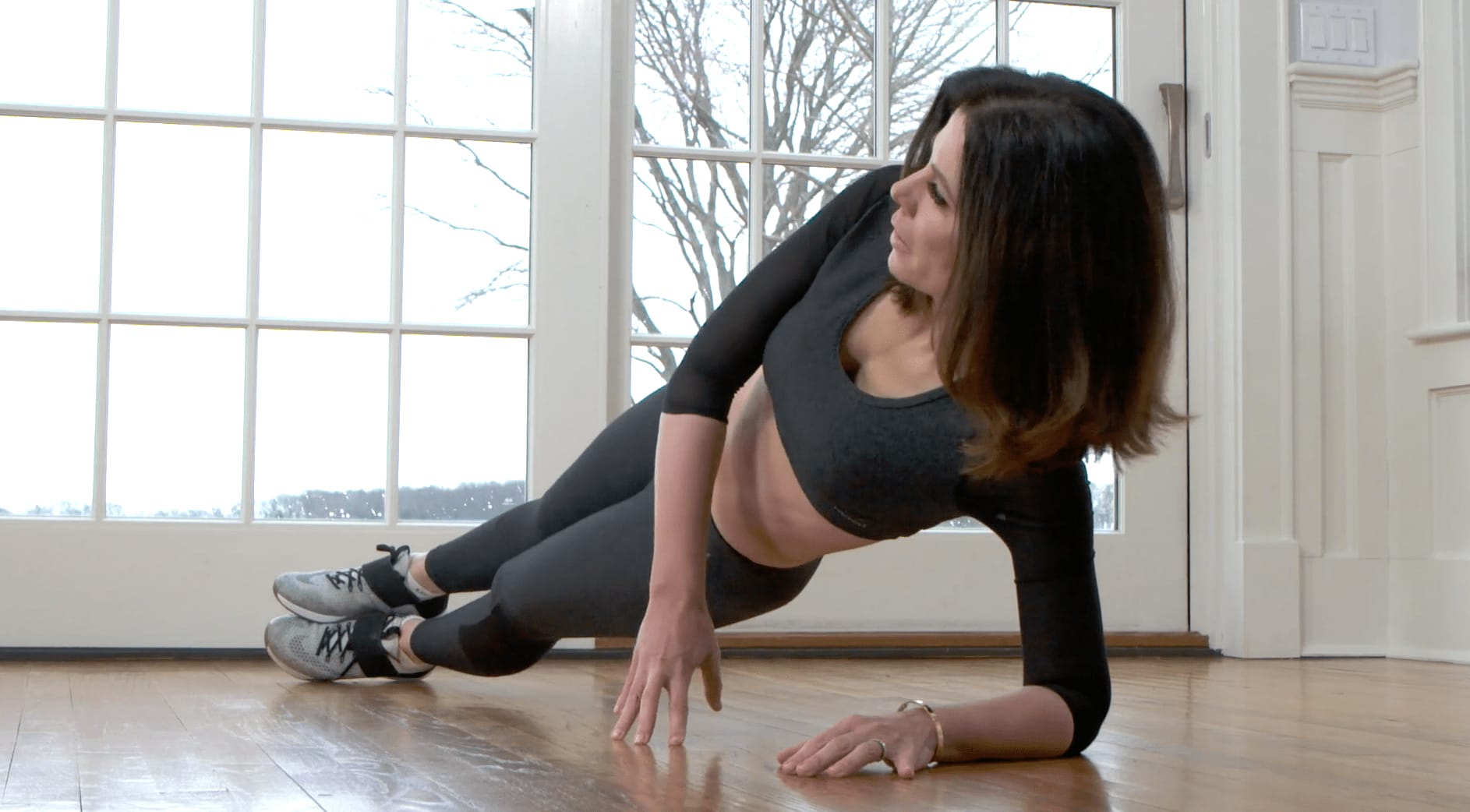As incredible as the benefits of exercise are for each and every one of us, these amazing benefits come with a cost by putting our bodies under some degree of stress.
Exercise is simply whatever activity that is vigorous activity for you, whether it be taking a walk around your neighborhood as so many of us are doing these days, working in your garden, playing golf or tennis, or doing strength and conditioning at the gym.
At any age, I’m a firm believer that both regular cardiovascular and resistance activities are vitally important to maintaining overall health.
When the body’s physical energy is in high demand through exercise, the body’s glycogen stores are rapidly depleted. This in turn can lead to metabolic byproducts, such as lactic acid, which increase the burn felt during and after activities that require exertion.
Whether you are using your extra time at home these days to get started with an exercise routine, or if you are a veteran “workout warrior,” we all approach post-activity soreness with the attitude that we will just have to deal with it.
But now a mounting body of evidence suggests that astaxanthin, a powerhouse antioxidant, could be the answer to shutting down this exercise-related fatigue and soreness. Not only that, this algae-based free-radical scavenger has been shown to significantly improve exercise performance, helping us to break through plateaus and hit new personal bests when supplementing with astaxanthin.
And clinical research indicates that astaxanthin helps curb inflammation and boosts both our endurance and exercise performance via several mechanisms of action:
- Disrupts multiple pathways for inflammation
- Neutralizes some of the most damaging of free radicals
- Optimizes use of the body’s energy stores
In one study, taking just 4 mg of astaxanthin for six months resulted in a truly impressive ability to outperform the placebo group in basic exercise activity.
After just six months, those who were taking an astaxanthin supplement increased performance significantly, doing 62% more squats (90º knee bends) than the placebo group.
On top of that, those in the astaxanthin group were also able to perform with an endurance that was three times greater than the placebo group. Whoa!
What about the kind of exercise that’s a little more intense?
Here, the data supporting astaxanthin’s ability to boost performance is quite impressive.
For example, swimming demands an extraordinary amount of energy—making it the perfect exercise to examine the impact of astaxanthin. In a study published in the Biological & Pharmaceutical Bulletin researchers found that supplementation with astaxanthin resulted in a “significant increase in swimming time to exhaustion in the control group versus the placebo, where the control group received astaxanthin for a period of five weeks.”
That same study also found that astaxanthin “significantly decreased fat accumulation” while promoting the use of fatty acids for energy. This is important because it points to the ways astaxanthin helps optimize use of energy stores. By sparing glycogen for the long haul, when muscles are nearing fatigue, the body can efficiently tap into an energy reserve during activity.
This may also help explain astaxanthin’s notable impact. In a now-famous study performed with cyclists, researchers found that supplementation with astaxanthin “significantly improved performance,” both in terms of cycling trial time and power output compared to the placebo group.
And—what I might consider the best part—the impressive antioxidant manages to curb the post-workout burn. Studies have found that after exercise and strength training, astaxanthin effectively interferes with the flurry of post-exercise free-radical activity and lactic acid production that leave muscles extra sore and achy.
One study found that taking 6mg of astaxanthin for even four weeks helped reduce lactic acid in men after running. The study found that in the group taking the astaxanthin, the “serum lactic acid concentration after 2 minutes of strenuous running in the treated group was significantly lower than that of the control group.”
You can find this powerful antioxidant in some foods, but unless you eat a dinner-sized portion of wild-caught salmon every day, the only way to get a therapeutic dose of is in a supplement.
And since I regularly do strength and conditioning training 4 times every week and mix in some cardio activities as well, I make sure to get an extra-strength dose of 12 mg of organic astaxanthin as my exercise and recovery partner every day – even when I take a rest days.
If you are ready to make astaxanthin your exercise and recovery partner as well, simply click here.





